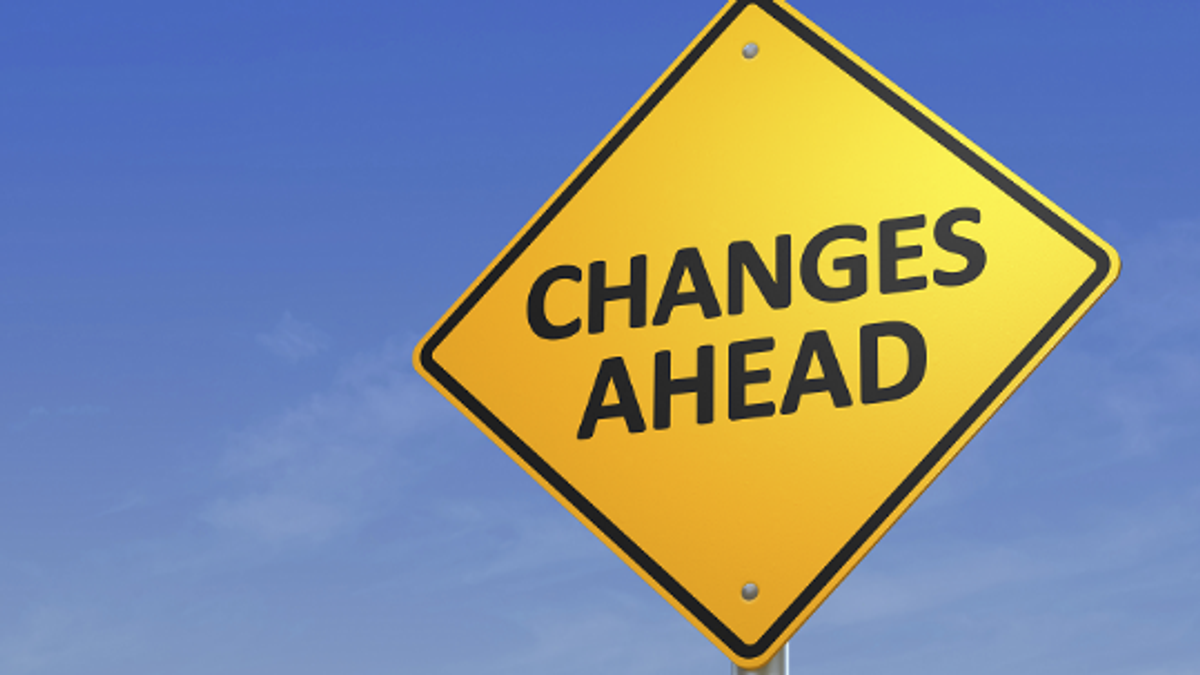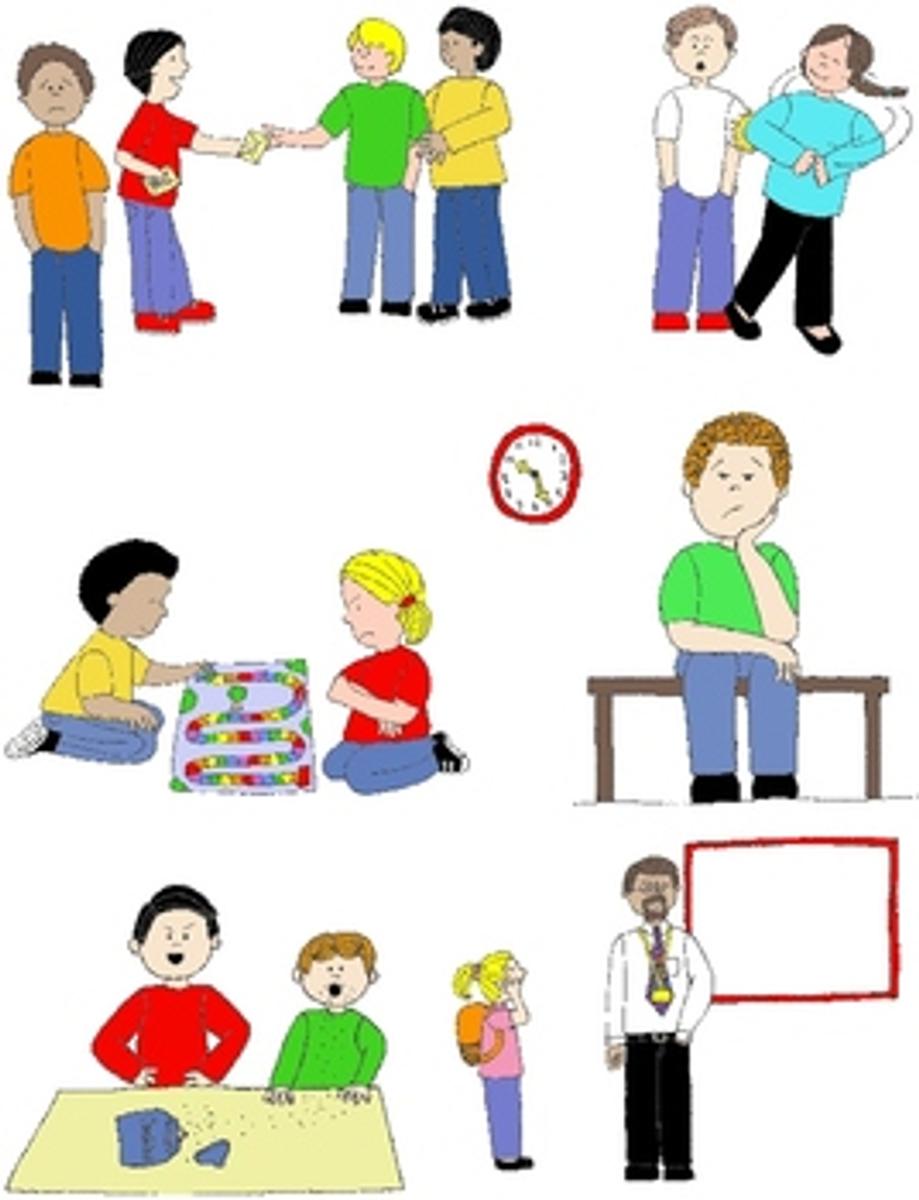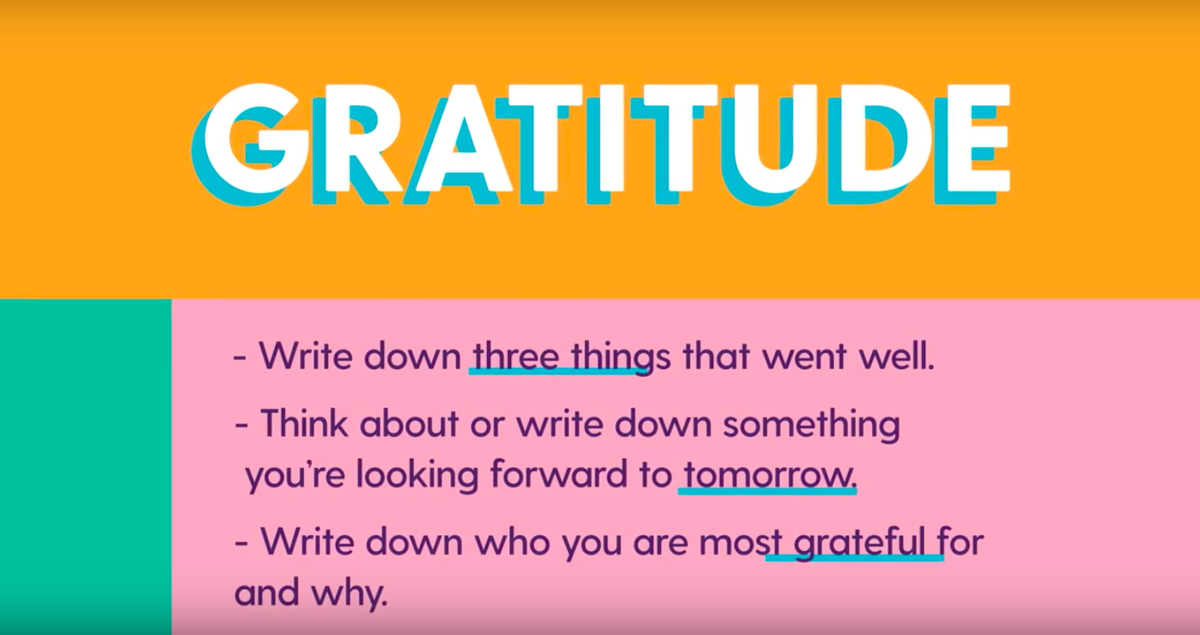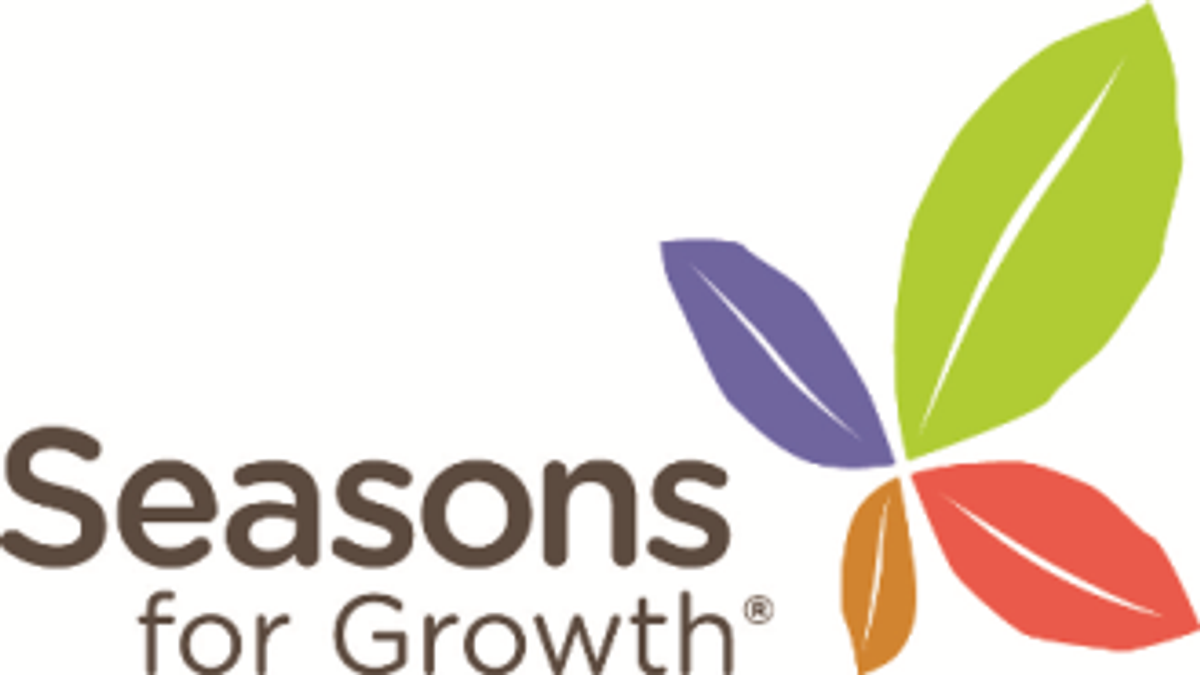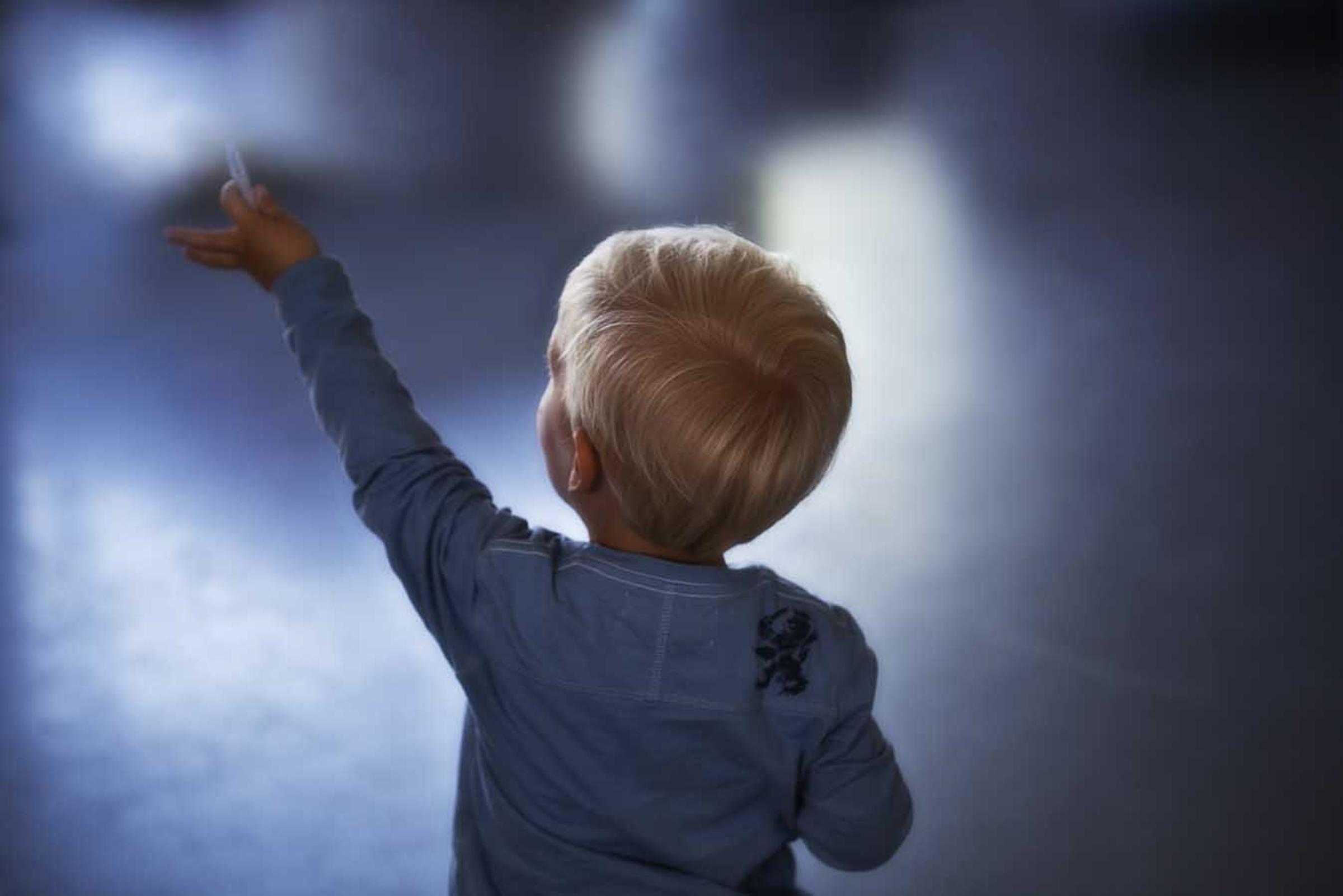
Wellbeing
Transition to school
I hope that all the students and parents have transitioned well back to school after the long holiday break. For some children, that transition can be very difficult especially those students who experience anxiety or who are currently managing other life challenges that impact their abilities to adapt to change. This information from the MacKillop institute may be helpful during this time.
Transition means change. As creatures of habit, most of us tend to like some routine in our lives. The holidays may provide a reprieve from work or school, but after having weeks of no homework, no school and later bed-times, it can be difficult to adjust straight back into the usual routine.
Planning ahead for transitions and changes to your daily routine can help. For example, eat healthily, reduce screen time and set an earlier bedtime and regular wake-up times. Looking after the basics can help ease everyone back into the school year. Remember, as a care giver to slow down, listen and be supportive during this phase as children take cues from our behaviour.
What are education transitions?
Most students make many transitions in their school lives. They do so when they:
- begin early childhood education and care services
- start school
- change year levels within a school
- transfer from one school to another
- shift from primary school to intermediate school, and on to secondary school
- move from secondary school to further education, training and employment.
When students change class within or between schools, they must adjust to new surroundings, become familiar with new teachers and peers, learn new ways of working, and make sense of the rules and routines that operate in their classes (Sanders et al, 2005). While students are navigating the formal school environment, they are also adjusting to the social changes that happen when changing schools and classes. For more tips on helping your child transition to the new school year, please read the following fact sheet.
It is important that children feel a sense of belonging. A sense of belonging in school is the degree to which students feel respected, accepted and supported by teachers and peers. It has been linked to students’ attention and effort in class, their persistence and completion of learning activities. An understanding of belonging is important for educators. It allows them to plan effective practices to support students in the classroom and school-wide. That is why we made the decision to have a week of wellbeing activities for the first week of school, to help the children feel a sense of belonging and make connections with their peers and teachers.
Social Skills groups
I run social skill’s groups in the morning for children who need help to develop their social and emotional skills. We focus on skills such as making new friends and how to approach a group, strategies to help with self-regulation, playing fairly and taking turns. If you feel that your child would benefit from these skills, please feel free to contact me at school.
Respectful Relationships
What is Respectful Relationships?
Respectful Relationships is about tackling family violence through education.
Rosie Batty, CEO of the Luke Batty Foundation “the school community is an essential part of social reform by modelling a culture of respect through the whole school, not just by teaching respect in the classroom”.
The Victorian Government is supporting schools to model respectful relationships across the whole school community as part of its commitment to respectful relationships education.
In the classroom, children will learn problem-solving skills, to develop empathy, support their own wellbeing and build healthy relationships with others. The initiative will also provide resources to best support children and staff who are affected by family violence.
When children build positive relationships with their teachers and peers they feel safer and happier at school, are more resilient and have positive social attitudes. Positive relationships also increase a child’s sense of social connectedness and belonging which can result in better health and academic outcomes.
At SFS, we teach the Respectful Relationships program.
Further information about Respectful Relationships is available on the Department of Education and Training website: www.education.vic.gov.au/respectfulrelationships
The Resilience Project
We are partnering again this year with the Resilience Project. We have purchased the journals for all the senior students which they will be using in class to work through the key principles of Gratitude, Empathy, Mindfulness and Emotional Literacy. This term our focus is on gratitude. Gratitude is being thankful and expressing appreciation for what one has – as opposed to focusing on the lack of something. Research shows that practicing gratitude rewires our brains to overcome the negativity bias (which can lead to anxiety and depression) and see the world what we are thankful for. It is also shown to broaden thinking, and increase physical health through improved sleep and attitude to exercise.
Seasons for growth
Seasons for Growth offers children and young people a safe space to come together, and share their experiences of change and loss. Loss at any time can be challenging.
We recognise that when changes occur in families through separation, divorce, bereavement or other loss experiences, young people may benefit from learning how to make sense of these changes.
To support our children and young people, we are offering an evidence-based education program called Season for Growth. Season for Growth is a small group program that supports children and young people to learn change is part of life, naming and caring for feelings, problem-solving, making good choices and developing support networks.
The children will attend the weekly sessions of 40-45 minutes for eight weeks, concluding with a ‘Celebration’ session. Each child is given a journal to record their experience and learning during the program.
If you think that your child would benefit from being a part of this program please email me rlenko@sfslynbrook.catholic.edu.au or speak to your child’s home group teacher.
If you are worried about the wellbeing of your child, please feel free to contact me at the school or on my email address rlenko@sfslynbrook.catholci.edu.au.
Rachel Lenko
Student Wellbeing Leader

